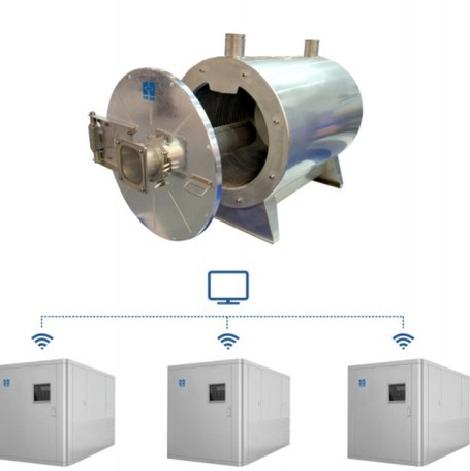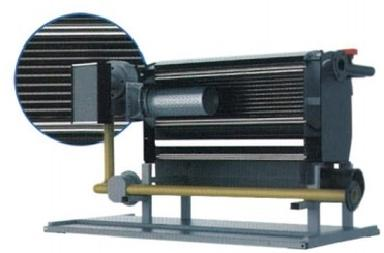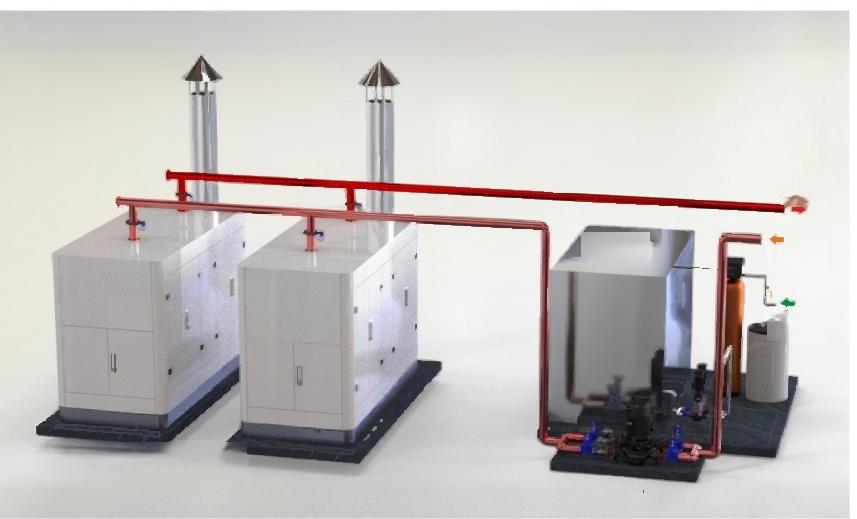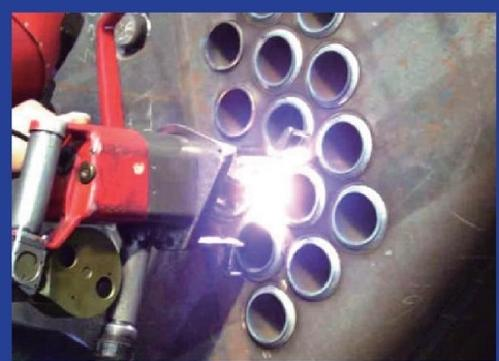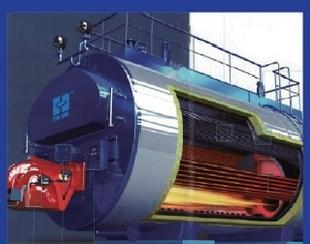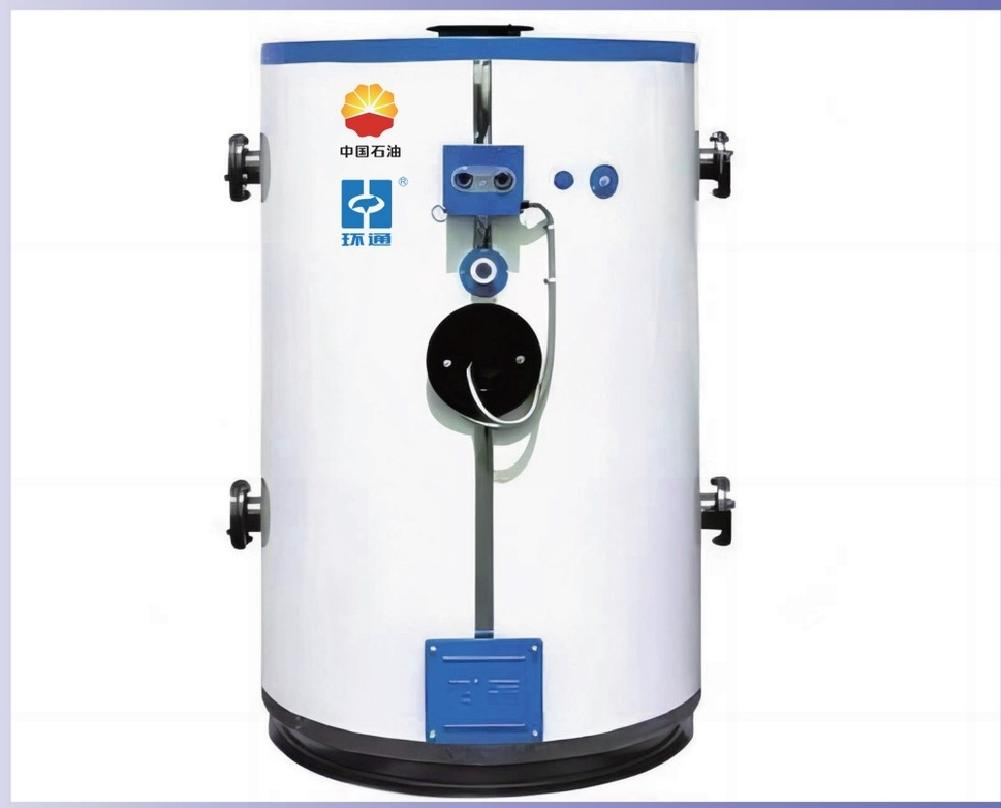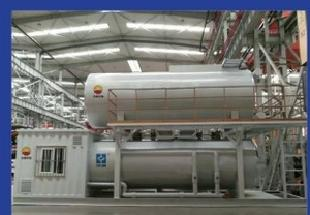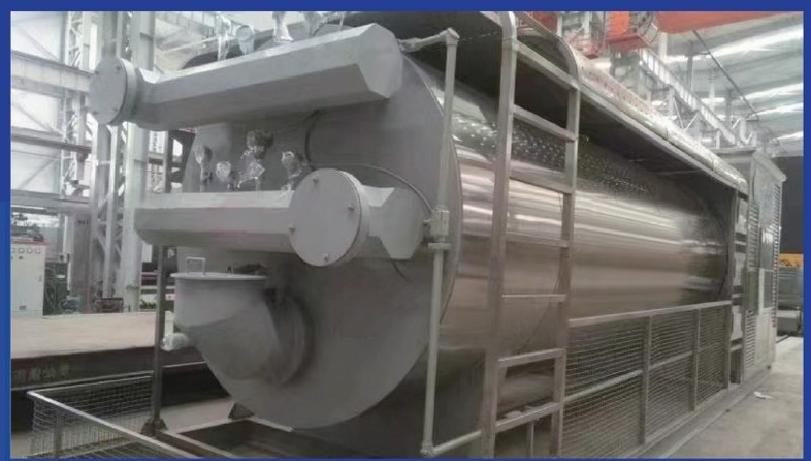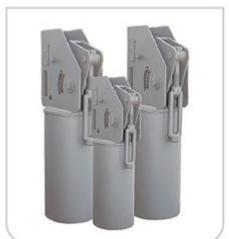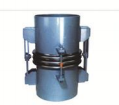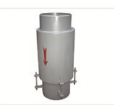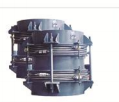Wedoany.com Report-Nov 9, State-owned Ecopetrol SA subsidiary Refinería de Cartagena SAS (Reficar) has completed pilot testing for production of sustainable aviation fuel (SAF) at the operator’s 210,000-b/d refinery in the Mamonal Industrial Zone on Cartagena Bay, south of Cartagena, on Colombia’s northern coast.
Completed as of early November 2024, Reficar’s SAF industrial-scale testing—Colombia’s first ever—lasted 7 days and used a mix of palm and used cooking oils (UCO) supplied by Ecopetrol affiliate Ecodiesel Colombia SA and member companies of Colombia’s Ministry of Commerce, Industry and Tourism’s Micro, Small and Medium Enterprises Directorate, respectively, to produce 32,000 bbl of jet fuel with renewable components, Ecopetrol said.
With testing now completed, Ecopetrol said it will undertake laboratory reviews of the pilot SAF production to determine its quality and ensure compliance with international standards.
Pending a final investment decision as well as all necessary regulatory permitting for proposed upgrades to existing refinery installations to enable commercial-scale production, Ecopetrol said it aims for sustained output of SAF from Cartagena in 2028.
If approved, the operator said the Cartagena SAF project—which will support Colombia’s plan for a fair energy transition—would use a basket of organic feedstocks such as vegetable oils and UCOs, among others.
First proposed earlier this year, confirmation of the SAF testing at Cartagena follows a series of recent works Reficar has undertaken to improve environmental performance of the refinery in line with Ecopetrol’s commitment to achieve carbon neutrality of its operations related to Scopes 1 and 2 emissions of greenhouse gases by 2050 (OGJ Online, July 25, 2024).
In April at Cartagena, Ecopetrol completed construction of Latin America’s first-ever solar farm to be built inside a refinery. Located across a 19.9-hectare plot of land and consisting of 40,146 panels, Cartagena’s solar farm is equipped with a capacity of 22.1 Mw for delivery of up to 34.4 million kw-hr/year of electricity.
Scheduled to reach full design capacity this year, Reficar said the solar farm aims to reduce carbon dioxide (CO2) emissions from the refinery by 21,000 tonnes/year (tpy) once fully operational.
